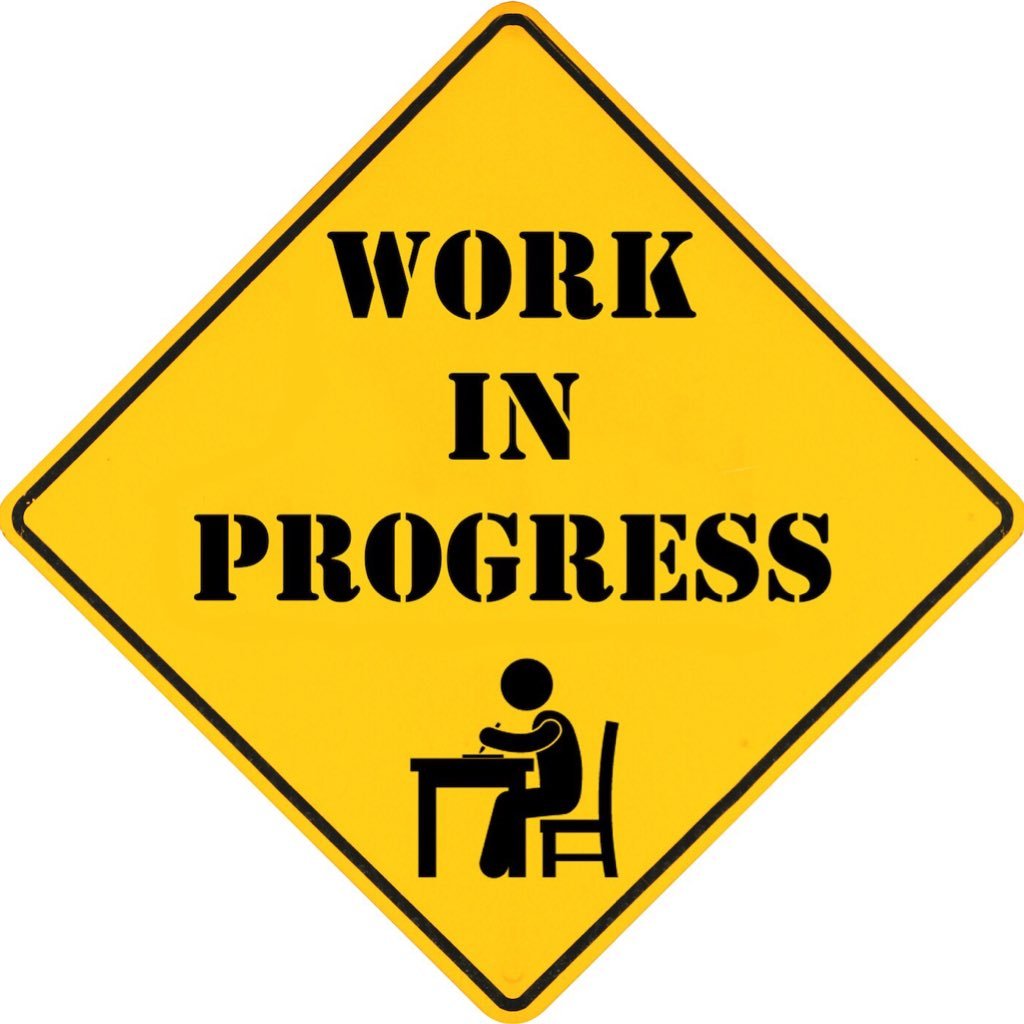what is it about English that has attracted this reputation for being so fearsomely difficult?
The Romanic languages such as French or Catalan for instance will use adjectives to describe light reflected on an object/ water/ trees etc.
English will have a very specific verb depending on the type of light, time of day:
- shimmer sparkle shine glow beam
- glare glare flicker glitter glimmer
- twinkle glisten gleam glint shine ….
If you want to be heard, speak up.
If you want to be seen, stand up.
If you want to be appreciated, just shut up.
TASK 1. Those phrasal verbs ....
The Basic Word, "up".
There is a two-letter word that perhaps has more meanings than any othertwo-letter word, and that is "UP."
(A) It's easy to understand UP, meaning toward the sky or at the top of the list,but when we awaken in the morning, why do we wake UP? At a meeting, why does atopic come UP? Why do we speak UP and why are the officers UP for election andwhy is it UP to the secretary to write UP a report? We call UP ! our friends.And we use it to brighten UP a room, polish UP! the silver, we warm UP theleftovers and clean UP the kitchen. We lock UP the house and some guys fix UPthe old car.
(B) At other times the little word has real special meaning. Peoplestir UP trouble, line UP for tickets, work UP an appetite, and think UPexcuses. To be dressed is one thing but to be dressed UP is special.
And this UP is confusing: A drain must be opened UP because it is stopped UP. Weopen UP a store in the morning but we close it UP at night.(C) We seem to be pretty mixed UP about UP!
To be knowledgeable about the proper uses of UP, look the word UP in the dictionary. In a desk-sized dictionary, ittakes UP almost 1/4th of the page and can add UP to about thirty definitions.If you are UP to it, you might try building UP a list of the many ways UP isused. It will take UP a lot of your time, but if you don't give UP, you maywind UP with a hundred or more. When it threatens to rain, we say it isclouding UP. When the sun comes out we say it is clearing UP.When it rains, it wets the earth and often messes things UP.When it doesn't rain for awhile, things dry UP.
One could go on and on, but I'll! wrap it UP, for now my time is UP,so..........Time to shut UP!
TASK 2. explain the chuckle!!
Job-hunting? Watch your spell-checker <hilarious>
1. "Singing bonus expected." Do you have a song preference?
2. "I look forward to meeting you in the feature." Maybe we can conduct the interview during intermission.
3. "EXPERIENCE: Worked party-time as an office assistant."
4. "DUTIES: Perfumed a variety of tasks." Gives new meaning to the sweet smell of success.
5. "EDUCATION: Suspected to graduate early next year." Please let us know when it's definite.
6. "SKILLS SUMMARY: I constantly strive to learn knew things." We "new" you could do it. 7. "EXPERIENCE: ABC Tire Company, 1894-2001."
Now that's loyalty.
TASK 3. Sorry to bother you....
3A. Say aloud the English Pronunciation Poem written below.
Check your words with the video to correct all the tricky words in it.
English Pronunciation Poem
1. I take it you already know
of tough and bough and cough and dough.
Others may stumble, but not you,
On hiccough, thorough, lough and through.
Well done! And now you wish, perhaps,
To learn of less familiar traps.
2. Beware of heard, a dreadful word
That looks like beard and sounds like bird.
And dead – it’s said like bed, not bead.
For goodness sake, don’t call it deed!
Watch out for meat and great and threat.
They rhyme with suite and straight and debt.
3. A moth is not a moth in mother,
Nor both in bother, broth in brother,
And here is not a match for there,
Nor dear and fear for pear and bear.
And then there’s dose and rose and lose
Just look them up — and goose and choose.
4. And cork and work and card and ward.
And font and front and word and sword.
And do and go, then thwart and cart.
Come, come I’ve hardly made a start.
5. A dreadful language? Man alive,
I’d mastered it when I was five!
3B. Dearest Creature...

